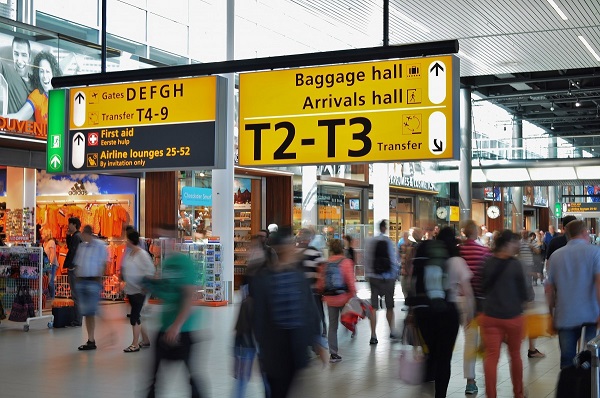In tourism, travel is what triggers significant action. In other words, without travel there wouldn’t be much to show for tourism. It is thus important to deconstruct and understand the concept of travel. Most importantly, destinations working to receive increased tourist visitation must appreciate the motivations behind travel.
A Sense of Adventure I would want to start off with adventure as the reason for tourism travel. 'Adventure' is derived from the Latin advenire, 'to arrive, come about or befall'. As travel is more or less a matter of letting things befall one, of submitting to the new and unfamiliar in the pursuit of pleasure, it is, by definition, an adventure.
Tourism allows us to live out fantasies of adventure, escape and 'paradise on earth'. It is an opportunity to test ourselves in unfamiliar circumstances, to prove that we are more than our normal job circumstances suggest. The adventure motivation suggests a Push factor, which in effect, allows us to escape from boredom and leave our routine behind.
Cultural and Religious enrichment: In modern secular society, we're somewhat starved of decent life-changing rituals. People yearn to experience what they believe and know to be fulfilling. No matter how far away the setting is, they are motivated to save and visit, even if it means once in a lifetime. For many folks today, religious and cultural reasons fill a huge gap while providing meaning, purpose, awe and wonder, as well as a sense of belonging.
Desire to learn: A crucial factor under the Push factor is the motivation to gain new knowledge. St Augustine said ‘Life is a book and those who do not travel only read one page’. Naturally, we learn new things as we move from one place to another. The knowledge gained could be about places, people, climates, systems, cultures, events and processes. Folks who value knowledge do not hesitate to invest in travel to grow.
While these first motivations could be described as the push factor, there is another set of components that motivate persons to travel which constitute the pull factor. Pull factors operate and are generally obtainable at the tourist destination. They can be divided into two groups, tangibles (physical attributes i.e. buildings, hotels, restaurants) and intangibles (friendliness, service quality, safety and security). These pull factors are also referred to as the Tourism Supply for the tourism destination.
Some experts label these forces as "the different areas within the tourism product that attract the tourists to destinations". It is further stated that the tourism product consists of both essential (this includes transportation, accommodation and sustenance) and optional (this includes recreation, entertainment, different forms of attractions, rest and leisure.) The rest are climate, in situ transport, image, shopping and cultural activities components.
Destination Managers have to look at and implement certain measures in order to effectively manage these "pull" factors in order for the destination to benefit from tourism. These managers should formulate Product Development Strategies, which need to be planned first before they are implemented. These strategies should outline and influence the direction in which tourism in the destination would take. These strategies would also aid the managers in determining the various types of attractions that should be developed in the destination and identify any improvements needed in the various services that are offered. These strategies should include a rundown of the country's macro-economic plan and the contribution that tourism will make.
This strategy should also highlight the division of the country into a workable system of tourism development areas. New projects and improvements related to the destination's infrastructure should also be highlighted in this strategy. The Product Development Strategy provides the foundation for the objectives, results, activities, budgets and the activities to achieve these. Planning for this strategy would be undertaken at different levels, and these are national and regional.
As a nation we should be asking ourselves, why are tourists coming here? Are they pull or push factors? How are we disaggregating these motivations? Most importantly, how are we strategising to influence these motivations to sustain tourism growth?

